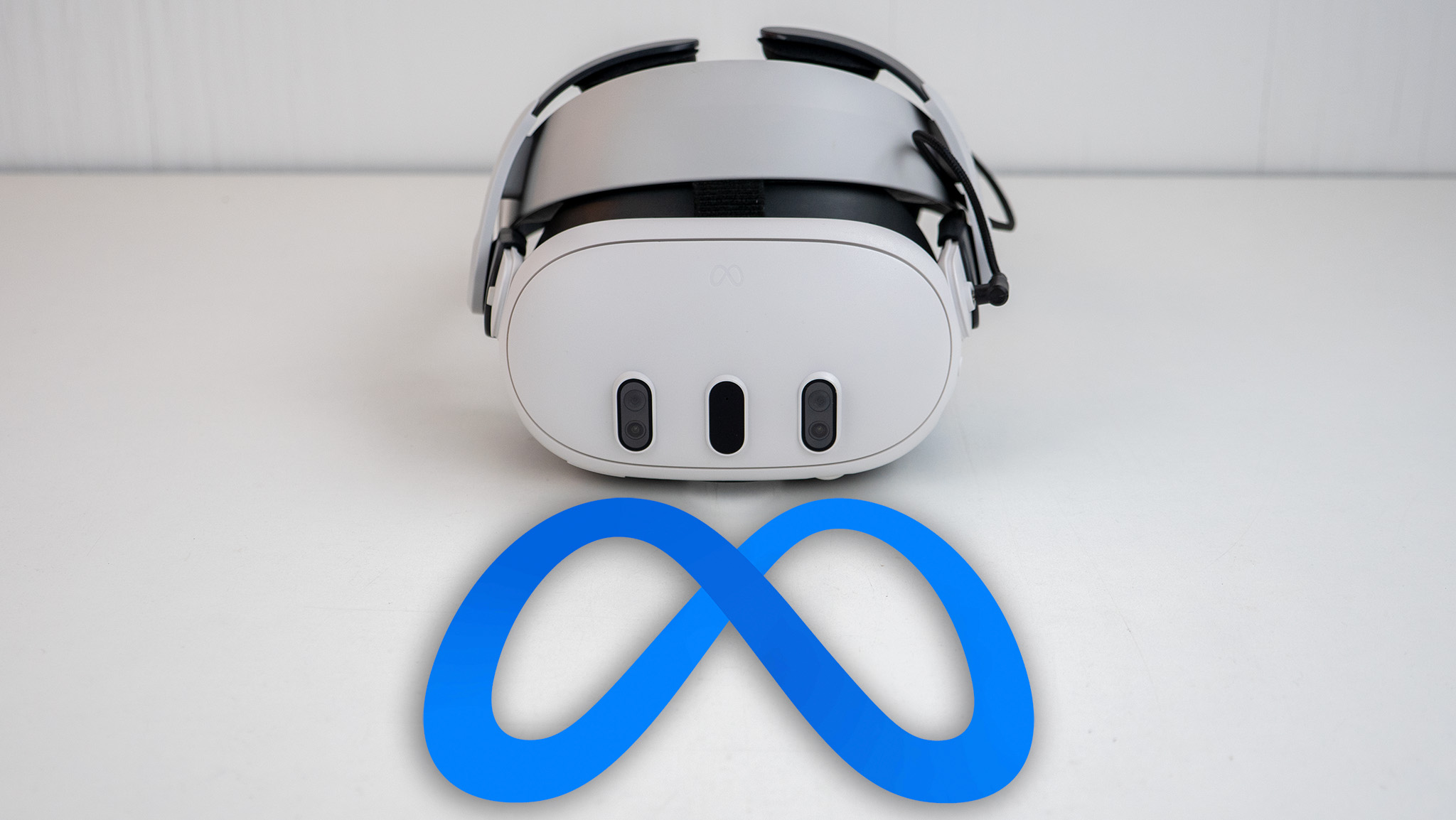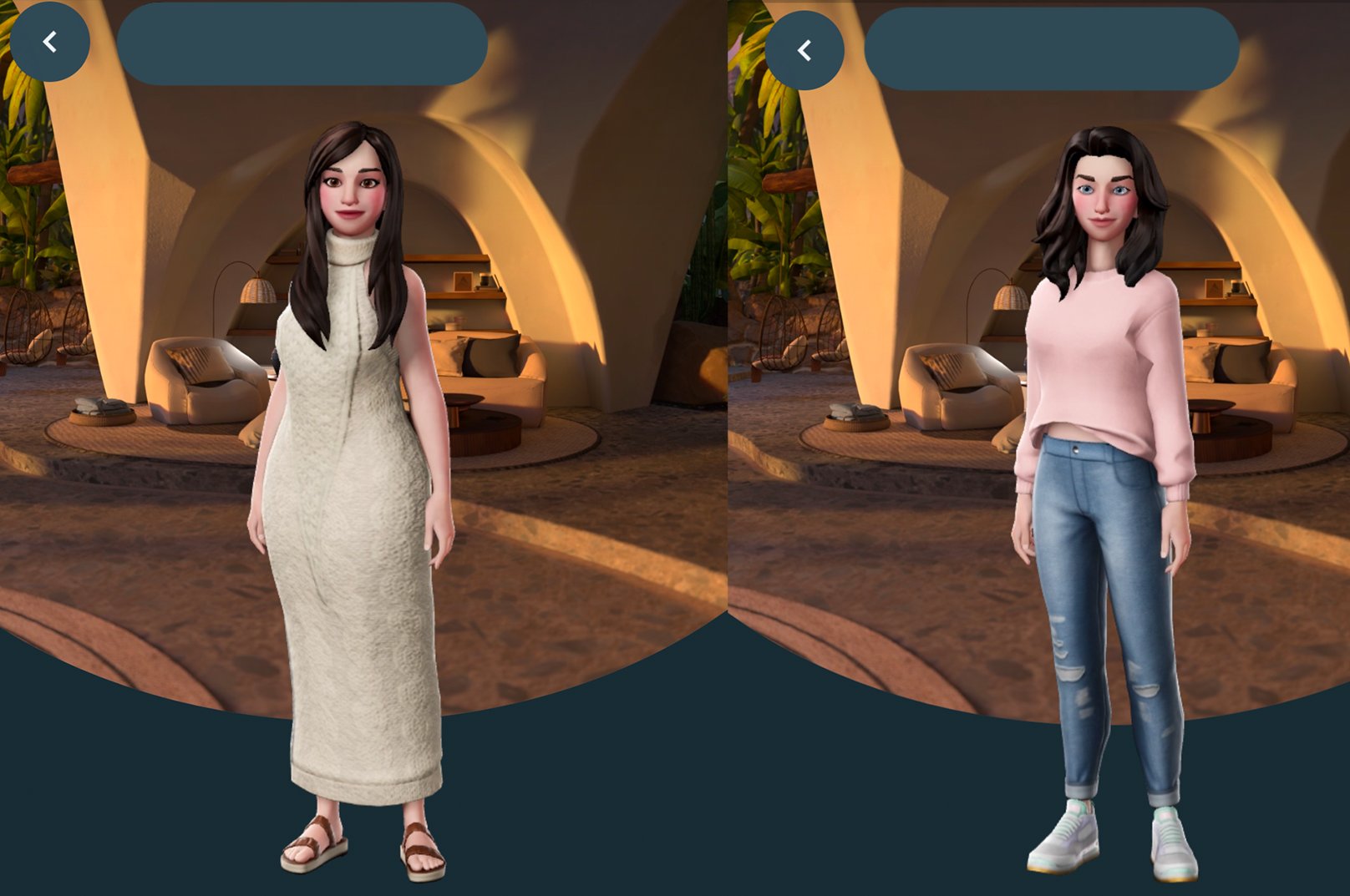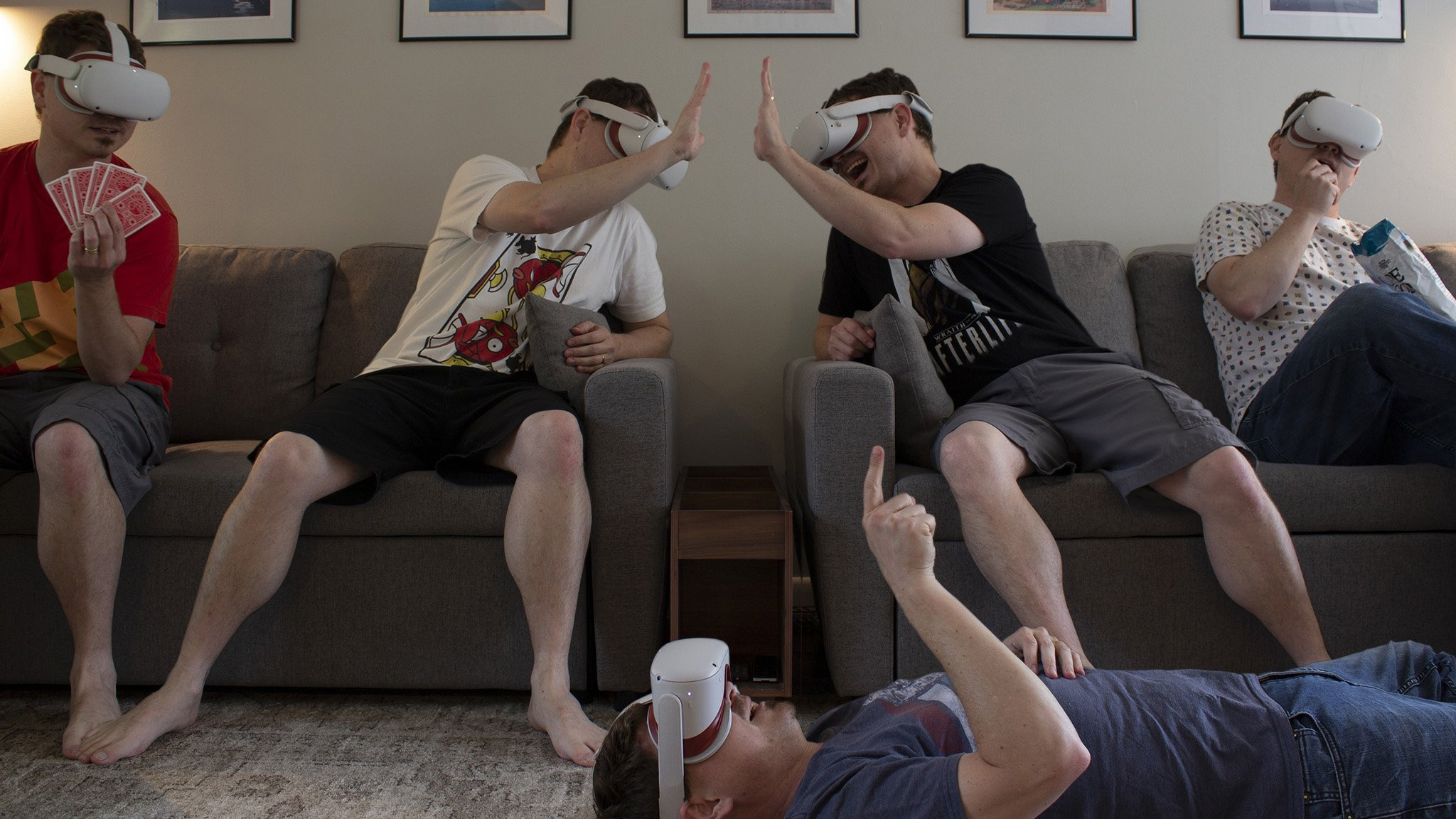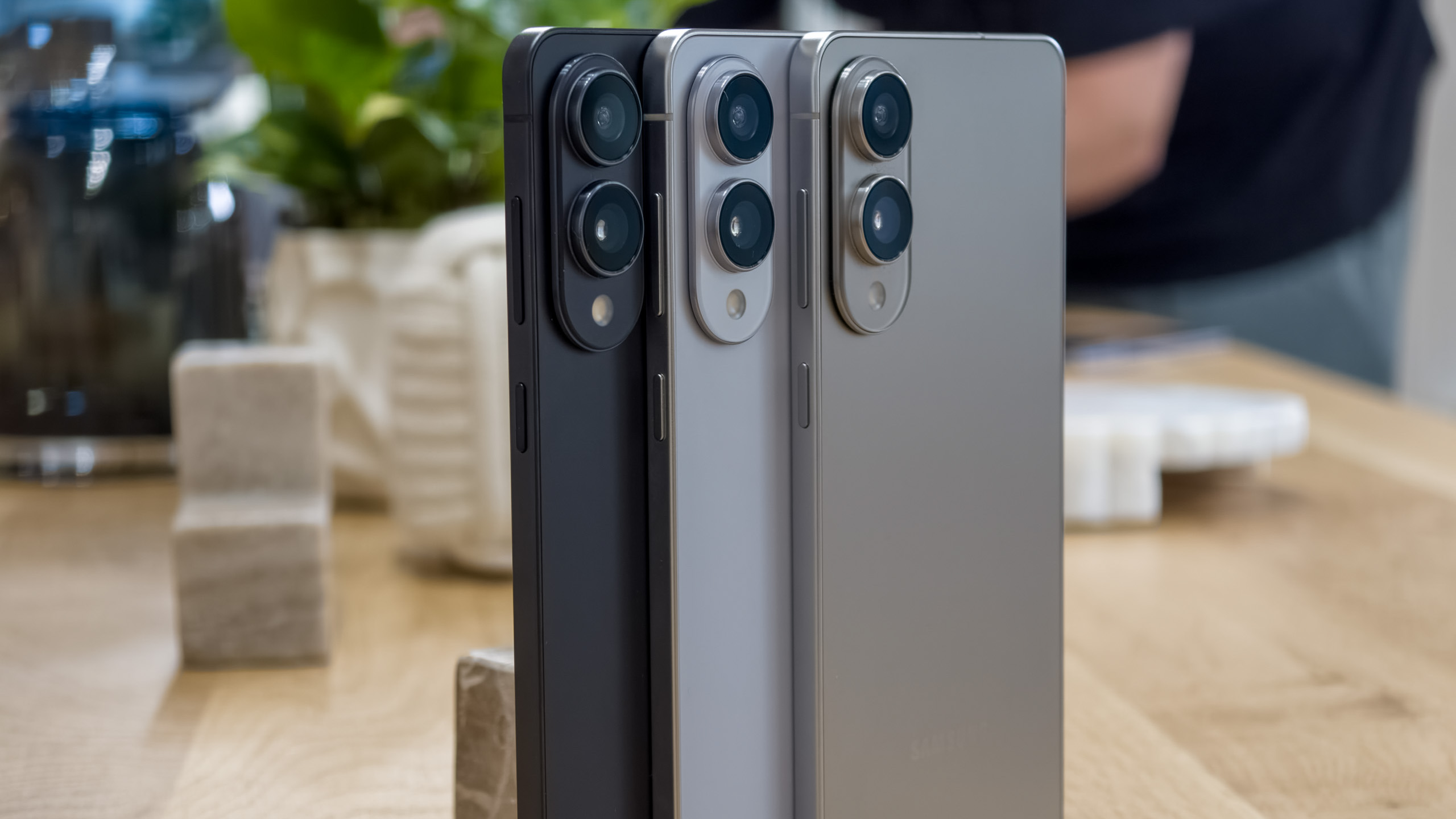This week's Meta Quest news was stupidly jam-packed
Meta AI, an avatar overhaul, Quest 3s leaks, mixed reality improvements, and more.

Sometimes, life is just too busy to keep up with everything. This week's Meta Quest news was chock full of announcements, releases, rumors, leaks, and all sorts of other stuff that you don't want to miss — even if you technically already missed it. Don't worry, though, because I'm rounding up all the important stuff you need to know from July 22-26, 2024.
Meta AI is coming to Quest 3
This week, actor and influencer Anthony Hamilton Jr got the chance to try out Meta's AI upgrade for the Quest early, showcasing a bunch of new features that Ray-Ban Meta Smart Glasses owners have been using for a few months now.
UploadVR notes that this new feature will officially be called "Meta AI with Vision" and Quest 3 users should expect to see this feature pop-up in the Experimental section of the settings menu in August. That should coincide with the v68 firmware update, which is also expected in August.
The new update is replacing the existing voice commands on Quest with significantly enhanced ones that are allowed to use the headset's cameras — you'll have to give it permission first, of course — to view the world around you and answer questions. Hamilton Jr used them similarly to how many people have been using the feature on Ray-Ban Meta Smart Glasses, but we figure people will find other new ways of using it with a VR headset in the future.
This is the first time we've seen an app allowed to use the front-facing cameras to identify the world around you. Previously, all Quest apps were only allowed access to a system-created playspace for the environment, which helps secure privacy but also severely limits mixed reality apps.
Developers have been calling for Meta to improve this feature and allow access to the camera so better mixed reality apps can be made. While Meta isn't saying this feature will be opened up to third parties in the future, this is a huge milestone for a potential future where that happens.
Our first look at the Meta Quest 3s in person

The Meta Quest 3s has been rumored and leaked for months, but this week we got the first look at the potential new budget Quest headset in person from VR Panda on X. VR Panda is a Meta Quest 3 accessory manufacturer that's been known to leak announcements before, including the Quest 3 as well as headsets from other companies like Pico.
Get the latest news from Android Central, your trusted companion in the world of Android
This track record gives us confidence that the leak is real and it lines up nicely with previous promotional material leaks for the headset, which we expect to be announced at Meta Connect on September 25.
The front of the Quest 3s sports six cameras divided into two clusters that closely resemble that of an iPhone Pro model (pick a year, they're all the same). It's thought that this new headset will sport the same powerful Snapdragon XR2 Gen 2 chipset as the more expensive Quest 3, as well as color mixed reality vision, but debut at a $299 price point.
Avatars may get a big graphics upgrade

Over the years, Meta's avatar system has received significant overhauls and updates as the company has tried out different art styles and ideas. When Meta made its big Metaverse push back in 2021, it made the first moves to get rid of its previously hideously ugly avatars, following that up with giving them legs two years later.
Now, it looks like a handful of Meta employees are testing out a previously unseen avatar design, as shown in the image above and first seen by user Luna on X. The new avatars do away with the more cartoony body size ratios that the current system employes — called "Boss Baby heads" by some users — and seem to use more realistic graphics, as well.
Meta hasn't officially announced a potential overhaul of its avatars yet but, if these turn out to be selected as the new design, we could see them get announced as early as September 25 at Meta Connect.
Virtual objects look better in the real world

This week, Meta updated its development tools to support better mixed reality quality, targeting how virtual objects look in the real world. The new update specifically addressed how virtual objects look when a physical object blocks your view of the virtual object.
In an example at UploadVR, a real computer chair is placed in front of a virtual guitar and the Quest mostly succeeds at making it look like the virtual object is in the real world space. The new update improves the object cutout around physical objects so that these virtual objects look like they're interacting with the real object.
Furthermore, Meta's new update uses 80% less GPU and 50% less CPU processing, meaning developers will be able to make more meaningful mixed reality experiences and games. That could potentially make upcoming Meta Quest games like Spatial Ops look and feel even more genuine.
Upgrading shared experiences

One of the coolest things about VR is the ability to virtually hang out with someone and make it feel like they're in the same room with you, even if they are thousands of miles away. User Luna on X found a new code in an early release version of August's v68 Quest update that points to Meta further expanding this concept, creating a feature that appears to be similar to Apple's SharePlay on Vision Pro.
For those unfamiliar, SharePlay allows iOS and Vision Pro users to make a FaceTime call, then launch an app, movie, or something else and watch it "together" by syncing the playback. This was particularly handy in the COVID quarantine days on phones but needs a VR headset to be enjoyed to its fullest.
Right now, there's little information on how this could look or work but, most likely, you'll make a call using the Meta Quest group feature, then launch the app or video of your choice. The group feature is already used to make multiplayer gaming easier, so it makes sense for Meta to expand this to add functionality to make social experiences more seamless.
VR at the Emmys

The Pirate Queen launched in April this year and it helped highlight the importance of learning history through virtual experiences. The game, developed by Singer Studios and narrated by Lucy Liu — yes, the famous Lucy Liu — puts players in the boots of Cheng Shih, one of the most infamous pirates of all time.
That adventure has now been nominated for an Emmy, as reported by Mixed News. The "Outstanding Emerging Media Program" award also included nominations for the excellent Wallace & Gromit in The Grand Getaway on Quest in addition to three other nominees.
As VR becomes more prevalent in society, we're seeing more and more award programs include VR content in addition to VR gaming. There's a special kind of empathy that comes from experiencing something first person through the eyes of another person, and it's great to see The Pirate Queen, in particular, receive this nomination.

You must confirm your public display name before commenting
Please logout and then login again, you will then be prompted to enter your display name.

